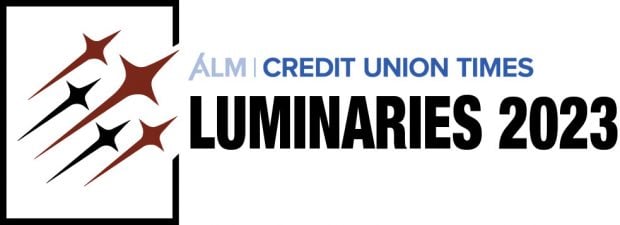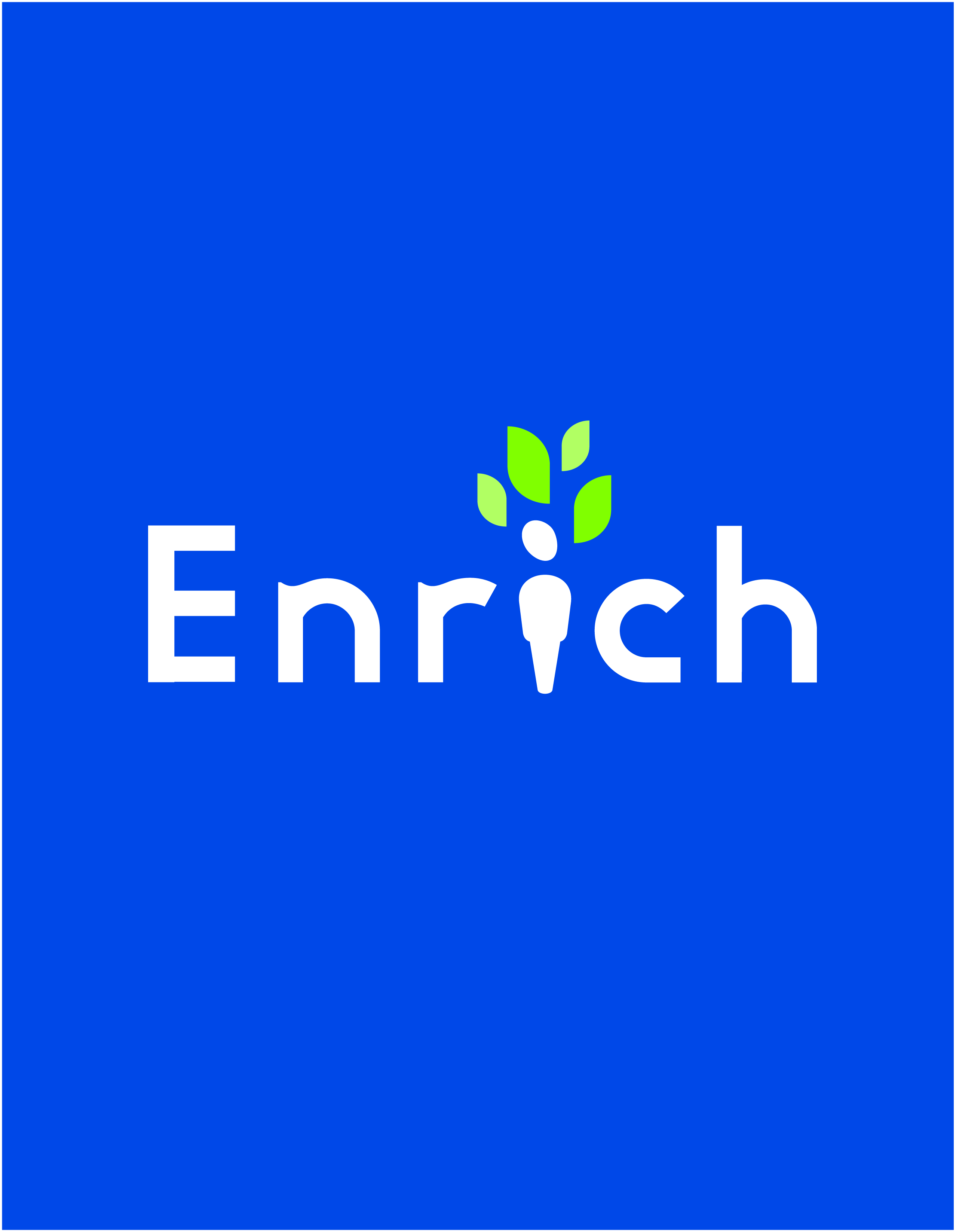
Enrich:
Enrich's technology-driven financial wellness product has changed the marketing strategy of credit union partners, enabling them to lead with interactive digital education while boosting membership acquisition and engagement and demonstrating impactful financial behavior changes. Its interactive digital financial education platform starts with a financial wellness checkup that assesses key elements of the user's financial story, including financial challenges and goals, and then uses an artificial intelligence-powered algorithm to instantly personalize the user experience based on the answers. As the user continues to interact with the platform, the personalization goes deeper to ensure a constantly fresh and engaging experience. The platform integrates with credit union member portals and currently works with 250-300 different credit unions. Credit unions can white label the program using more than 100 different configuration options and add their own custom content. Enrich's data shows platform usage correlates to a 23% average decrease in financial stress over a 12-month period.
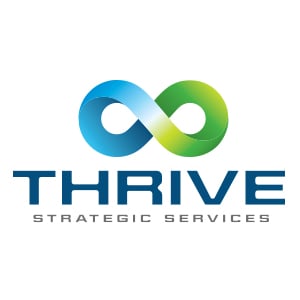
THRIVE Strategic Services:
The average credit union has between 60 and 100 data systems collecting abundant data, but 92% of credit unions do not leverage their available data effectively. To help credit unions leverage their data, THRIVE Strategic Services created and launched a CPE-accredited data education course targeted at any size credit union that can help them accelerate their data usage and leverage it to help members. Key deliverables include enterprise data vision, member-centered data use cases, understanding and defining data maturity, essentials of data governance, creative data consumption by enterprise talent, workplace adoption, and building data road maps. Led by founder Anne Legg, THRIVE's mission is to educate at least 25% of the industry over the next five years. Since launching in 2021, the seven-class series has educated 200 students who have created 97 data use cases, produced 80 data roadmaps and developed 125 data vision statements.

4Front Credit Union:
Americans must navigate complicated 401(k) plans, increasingly sophisticated investments and new credit products, all of which leave the average consumer at financial risk. A lack of personal finance knowledge costs an estimated $352 billion each year in the United States. 4Front Credit Union ($963 million in assets; 95,995 members) saw an opportunity to help members build their financial knowledge to achieve long-term financial wellness by encouraging them to practice practical saving habits and helping them reach their personal financial goals. The credit union, led by SVP of Technology Zach Eychaner, partnered with Plinqit to provide a savings platform that pays members to learn about finances by watching a video or reading an article from the Plinqit library and then taking a short quiz. Once completed, members earn a reward. Since partnering with Plinqit, 4Front's members have saved $818,997 and have completed more than 775 financial education courses. More than 1,200 members actively engage with Plinqit's tools.
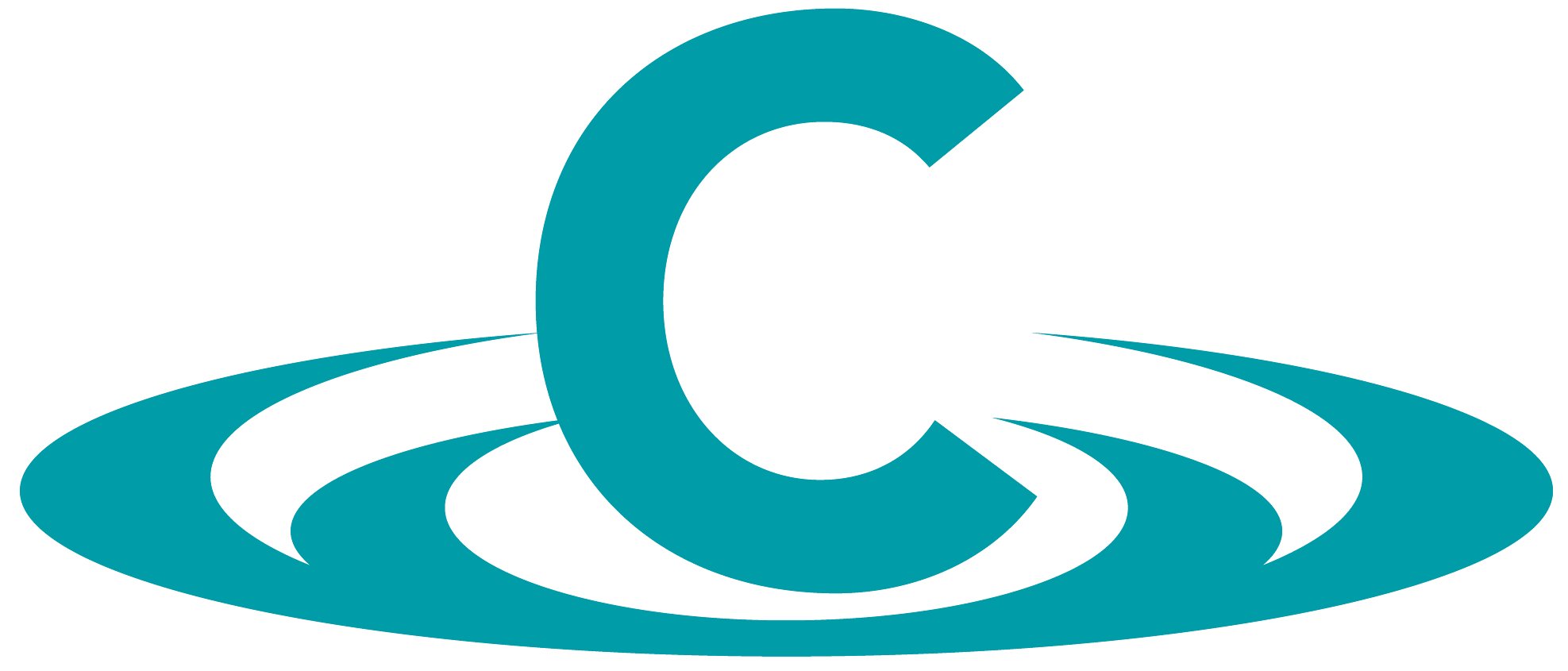
Commonwealth Credit Union:
As more members engage with Commonwealth Credit Union ($1.98 billion in assets; 115,645 members) through digital channels, it decided it was imperative to invest in delivering a better experience for online and mobile banking users. Building on feedback it received about the cumbersome experience of its mobile and online banking systems, the credit union launched its new digital banking experience last year, overhauling its appearance and functionality and aligning its members' online and mobile banking experiences with an omnichannel approach. The upgrade provides enhanced security measures to protect members' personal information and allows members to customize their experience, including setting up alerts, adding notes and uploading images. At the project's onset, Commonwealth Credit Union had 78,826 online banking users and 53,809 mobile banking users. On the first day of the upgrade, with the help of a thorough communication plan, 41% of users had converted to the new digital banking platform, surpassing its goal by 164%.

Open Lending:
Open Lending developed a risk-based auto lending enablement platform that uses proprietary data from a database of near-prime loans and advanced decisioning analytics to help lenders approve and fund a wider range of loans and serve more members while earning higher yields and mitigating risk. The Lenders Protection program allows credit unions to book between 20% and 30% more automotive loans from their existing application flow at higher returns than prime lending programs. Loans are insured individually and insurance is designed to absorb more than 85% of expected deficiency balances. By utilizing this risk transfer mechanism, actual loan losses mirror the lender's prime auto loan portfolio and all costs of the program are reflected in the recommended contract interest rate. Since the launch of Lenders Protection, Open Lending has amassed over $12 billion in insured loans, including approximately 600,000 certified loans from more than 400 U.S. financial intuitions.
Advertisement

NorthPark Community Credit Union:
For the past several years, NorthPark Community Credit Union ($45.6 million in assets; 4,893 members) has been pursuing a plan to become completely virtual, a strategy it says pushes back against the small credit union merger trend by reducing costs and allowing organizations to enter new markets without adding brick-and-mortar locations. The plan includes closing all brick-and-mortar branches in favor of e-services and ATMs with complete remote work for its team. In addition, NorthPark expects its virtual branching strategy to unlock funding opportunities for Low Income Targeted Populations in its 19-county field by eliminating standard branch hours that can be inconvenient, transportation issues and anxiety about entering a branch. NorthPark's initiative has reduced operating expenses by $150,000 in two years, provided a profit-sharing dividend to every member, reduced waste, expanded its talent pool and allowed for career advancement for front-line team members. To help other credit unions go virtual, NorthPark is building out its "Virtual Branching In a Box" website.
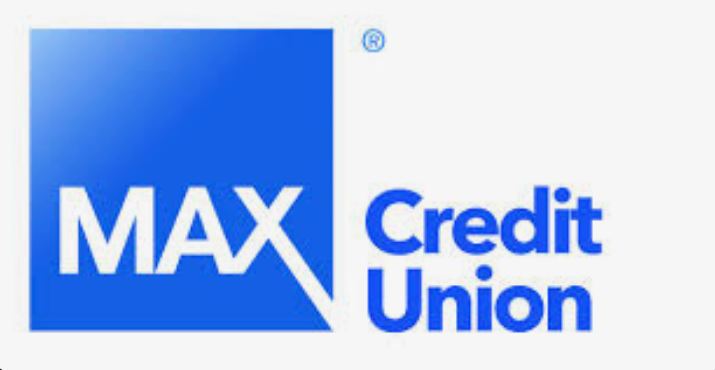
MAX Credit Union:
The team at MAX Credit Union ($2 billion in assets; 118,576 members) is always looking for ways to foster and enhance member relationships that have been built over the years. Using Q2 Studio Innovation, the credit union created referral and rewards programs in-house, saving substantial time and money. By eliminating outside vendors, MAX saved more than $100,000 on the referral program and was able to deliver in months rather than years. With the rewards program, original vendor projections came in around $50,000 with a six-to-eight-month timeframe. MAX's IT department took this project in-house, saving upward of $50,000 and delivering in days, not months. With the new programs, MAX's goal is to reward members while creating and maintaining awareness, so it is top of mind when members use their debit card, apply for a loan or refer a friend.
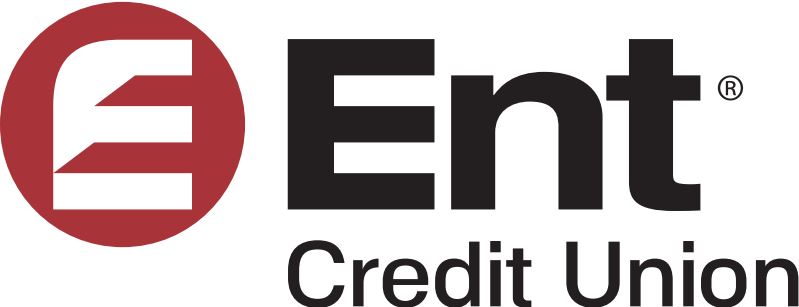

Enrich:
Enrich's technology-driven financial wellness product has changed the marketing strategy of credit union partners, enabling them to lead with interactive digital education while boosting membership acquisition and engagement and demonstrating impactful financial behavior changes. Its interactive digital financial education platform starts with a financial wellness checkup that assesses key elements of the user's financial story, including financial challenges and goals, and then uses an artificial intelligence-powered algorithm to instantly personalize the user experience based on the answers. As the user continues to interact with the platform, the personalization goes deeper to ensure a constantly fresh and engaging experience. The platform integrates with credit union member portals and currently works with 250-300 different credit unions. Credit unions can white label the program using more than 100 different configuration options and add their own custom content. Enrich's data shows platform usage correlates to a 23% average decrease in financial stress over a 12-month period.

THRIVE Strategic Services:
The average credit union has between 60 and 100 data systems collecting abundant data, but 92% of credit unions do not leverage their available data effectively. To help credit unions leverage their data, THRIVE Strategic Services created and launched a CPE-accredited data education course targeted at any size credit union that can help them accelerate their data usage and leverage it to help members. Key deliverables include enterprise data vision, member-centered data use cases, understanding and defining data maturity, essentials of data governance, creative data consumption by enterprise talent, workplace adoption, and building data road maps. Led by founder Anne Legg, THRIVE's mission is to educate at least 25% of the industry over the next five years. Since launching in 2021, the seven-class series has educated 200 students who have created 97 data use cases, produced 80 data roadmaps and developed 125 data vision statements.

4Front Credit Union:
Americans must navigate complicated 401(k) plans, increasingly sophisticated investments and new credit products, all of which leave the average consumer at financial risk. A lack of personal finance knowledge costs an estimated $352 billion each year in the United States. 4Front Credit Union ($963 million in assets; 95,995 members) saw an opportunity to help members build their financial knowledge to achieve long-term financial wellness by encouraging them to practice practical saving habits and helping them reach their personal financial goals. The credit union, led by SVP of Technology Zach Eychaner, partnered with Plinqit to provide a savings platform that pays members to learn about finances by watching a video or reading an article from the Plinqit library and then taking a short quiz. Once completed, members earn a reward. Since partnering with Plinqit, 4Front's members have saved $818,997 and have completed more than 775 financial education courses. More than 1,200 members actively engage with Plinqit's tools.

Commonwealth Credit Union:
As more members engage with Commonwealth Credit Union ($1.98 billion in assets; 115,645 members) through digital channels, it decided it was imperative to invest in delivering a better experience for online and mobile banking users. Building on feedback it received about the cumbersome experience of its mobile and online banking systems, the credit union launched its new digital banking experience last year, overhauling its appearance and functionality and aligning its members' online and mobile banking experiences with an omnichannel approach. The upgrade provides enhanced security measures to protect members' personal information and allows members to customize their experience, including setting up alerts, adding notes and uploading images. At the project's onset, Commonwealth Credit Union had 78,826 online banking users and 53,809 mobile banking users. On the first day of the upgrade, with the help of a thorough communication plan, 41% of users had converted to the new digital banking platform, surpassing its goal by 164%.

Open Lending:
Open Lending developed a risk-based auto lending enablement platform that uses proprietary data from a database of near-prime loans and advanced decisioning analytics to help lenders approve and fund a wider range of loans and serve more members while earning higher yields and mitigating risk. The Lenders Protection program allows credit unions to book between 20% and 30% more automotive loans from their existing application flow at higher returns than prime lending programs. Loans are insured individually and insurance is designed to absorb more than 85% of expected deficiency balances. By utilizing this risk transfer mechanism, actual loan losses mirror the lender's prime auto loan portfolio and all costs of the program are reflected in the recommended contract interest rate. Since the launch of Lenders Protection, Open Lending has amassed over $12 billion in insured loans, including approximately 600,000 certified loans from more than 400 U.S. financial intuitions.
Advertisement

NorthPark Community Credit Union:
For the past several years, NorthPark Community Credit Union ($45.6 million in assets; 4,893 members) has been pursuing a plan to become completely virtual, a strategy it says pushes back against the small credit union merger trend by reducing costs and allowing organizations to enter new markets without adding brick-and-mortar locations. The plan includes closing all brick-and-mortar branches in favor of e-services and ATMs with complete remote work for its team. In addition, NorthPark expects its virtual branching strategy to unlock funding opportunities for Low Income Targeted Populations in its 19-county field by eliminating standard branch hours that can be inconvenient, transportation issues and anxiety about entering a branch. NorthPark's initiative has reduced operating expenses by $150,000 in two years, provided a profit-sharing dividend to every member, reduced waste, expanded its talent pool and allowed for career advancement for front-line team members. To help other credit unions go virtual, NorthPark is building out its "Virtual Branching In a Box" website.

MAX Credit Union:
The team at MAX Credit Union ($2 billion in assets; 118,576 members) is always looking for ways to foster and enhance member relationships that have been built over the years. Using Q2 Studio Innovation, the credit union created referral and rewards programs in-house, saving substantial time and money. By eliminating outside vendors, MAX saved more than $100,000 on the referral program and was able to deliver in months rather than years. With the rewards program, original vendor projections came in around $50,000 with a six-to-eight-month timeframe. MAX's IT department took this project in-house, saving upward of $50,000 and delivering in days, not months. With the new programs, MAX's goal is to reward members while creating and maintaining awareness, so it is top of mind when members use their debit card, apply for a loan or refer a friend.


Enrich:
Enrich's technology-driven financial wellness product has changed the marketing strategy of credit union partners, enabling them to lead with interactive digital education while boosting membership acquisition and engagement and demonstrating impactful financial behavior changes. Its interactive digital financial education platform starts with a financial wellness checkup that assesses key elements of the user's financial story, including financial challenges and goals, and then uses an artificial intelligence-powered algorithm to instantly personalize the user experience based on the answers. As the user continues to interact with the platform, the personalization goes deeper to ensure a constantly fresh and engaging experience. The platform integrates with credit union member portals and currently works with 250-300 different credit unions. Credit unions can white label the program using more than 100 different configuration options and add their own custom content. Enrich's data shows platform usage correlates to a 23% average decrease in financial stress over a 12-month period.
We are pleased to continue our presentation of the LUMINARIES Class of 2022 Finalists, who are being recognized this year for the many dynamic and inclusive ways they are driving the credit union industry forward. The finalists were selected by our editorial team from several hundred stellar nominations in four award categories: Diversity, Equity & Inclusion, Executive Leadership, Innovation in Technology and Product Innovation. This slideshow highlights the eight finalists from our Innovation in Technology: Organizations category. This is a group of organizations focused on the development and execution of technological advances to benefit the credit union system. The LUMINARIES Class of 2022 Finalists recently were reviewed by a diverse panel of judges from across the credit union industry, and a select group of winners will be announced on stage at the program's first awards dinner and gala — set to take place Nov. 9 at the Four Seasons Hotel in Washington, D.C.
NOT FOR REPRINT
© Touchpoint Markets, All Rights Reserved. Request academic re-use from www.copyright.com. All other uses, submit a request to [email protected]. For more inforrmation visit Asset & Logo Licensing.

